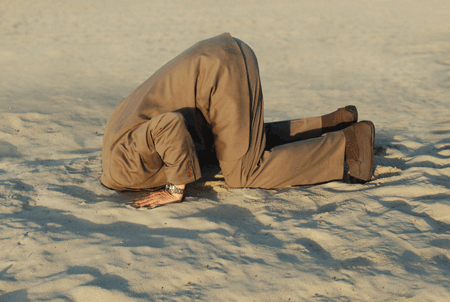Frequently on this blog we talk about what is wrong in forensic science. We expose limitations on assays, under-qualifications of people, and whole scale lack of meaningful validation of the methods used. All of this is true, but there is one great movement forward in the equation: the education of defense attorneys.
There is but one great check on the awesome power of the government in the forensic science culture: the criminal defense lawyer. For far too long, the defense bar has been the proverbial ostrich that puts its head in the sand in hopes that if it cannot see, the predator will not get it. We know this is not true. If anything, all it does is make the quest of the predator easier.

For perhaps a decade now, the day and age of being a general practice lawyer has been over. No one wants a generalist. In fact, the day and age of the general practice criminal defense lawyer is quickly ending (if it has not already). The day of the hyper-technical lawyer-scientist is here.
As I frequently tell my colleagues, just because you can take a case, does not mean you should. I turn down cases where I feel that I am not the best solution or if I am no better than the next attorney who is available. I want to be a difference maker. We would all do well to remember these are not cases, but in fact real life people. There is no room for error. There is no room for guessing. If we err, people go to jail and the cascade of personal and family disaster frequently follows.
It is incumbent upon criminal lawyers in this day and age to seek to become hyper-technical experts in a given field of forensic science. When the defense bar does so, justice more frequently results.


